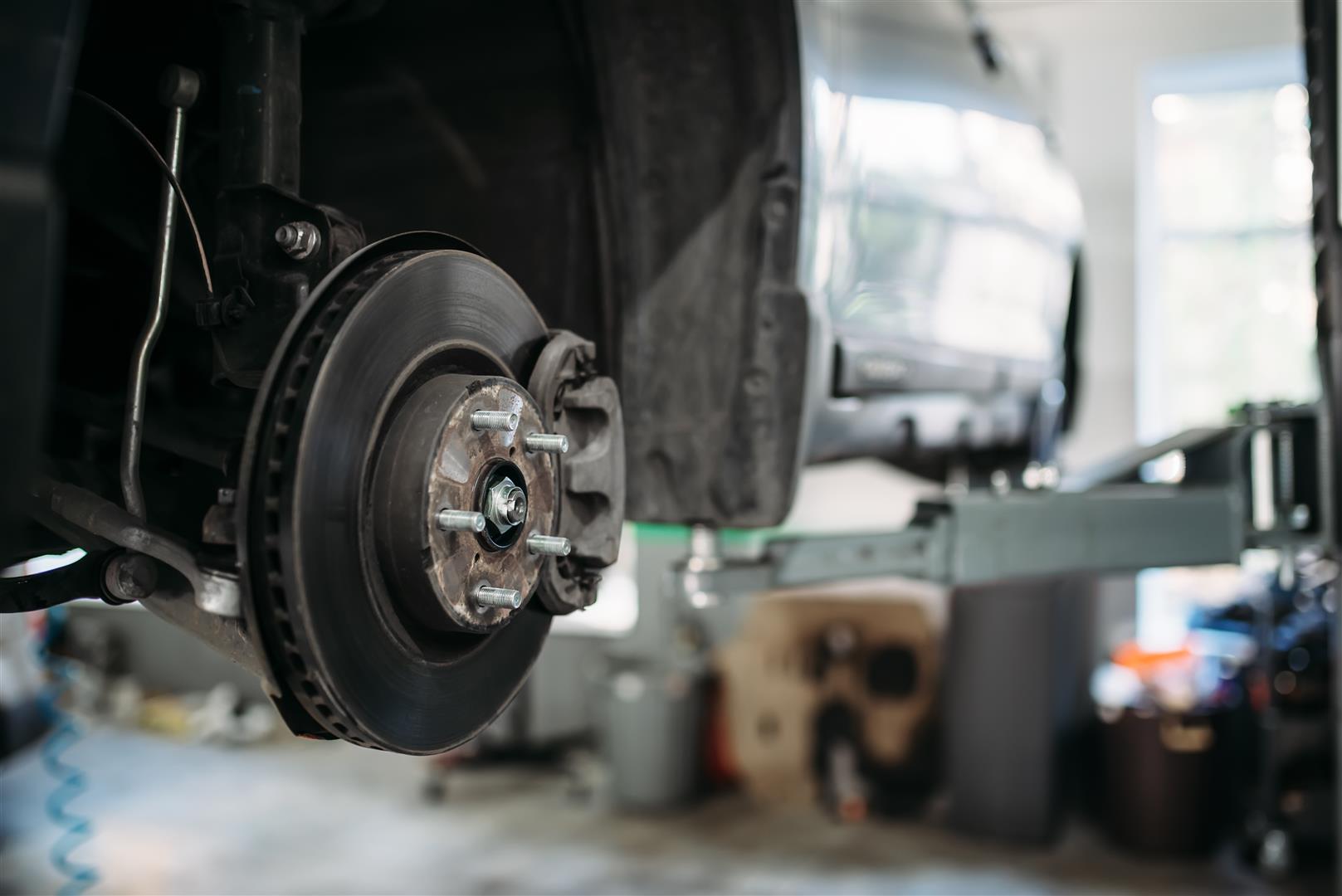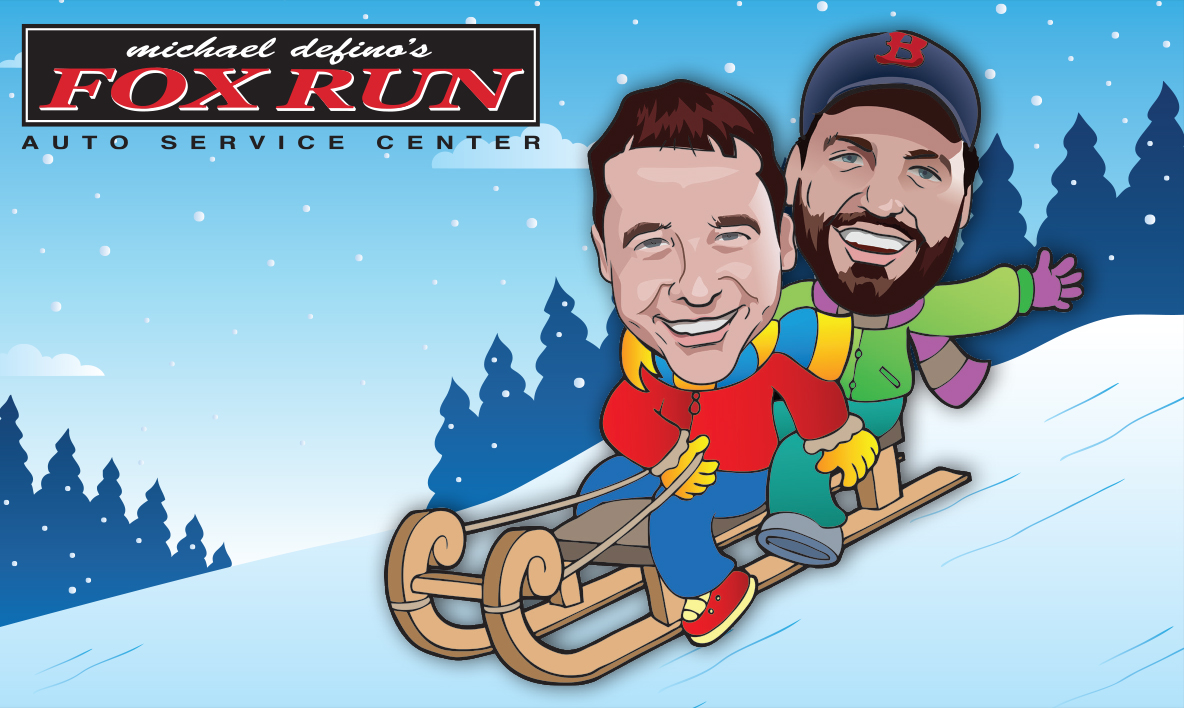Posted on 1/18/2023

When is the last time you had your brakes inspected? Are you experiencing any braking issues when driving? Are you hearing strange screeching and squealing noises, or smelling unusual odors whenever you press on the brake pedal? It might be time to get your brakes inspected at a trusted local auto shop like Fox Run Auto. Keeping Your Brake System Healthy You rely on your car every day. You need it to get you safely from one place to another. A very important part of safe driving is having a healthy brake system. Bad brakes can make it difficult to drive and can ultimately be extremely dangerous if they aren't working properly. You need to be able to stop and slow down, sometimes with little to no warning. Free Brake Inspection at Fox Run Auto If you are in Northern Delaware, you can bring your vehicle in for a free brake inspection. Just visit our ... read more
Posted on 1/11/2023

Happy New Year from the team at Fox Run Auto! As we turn our calendars to 2023, it's a time to set some new resolutions and focus on the year ahead. One of the most common things to think about is automotive maintenance. When is the last time you had your oil changed or tires rotated? Are your headlights and wiper blades providing you with enough visibility during the winter season? Is your heating system keeping you warm and keeping your windows properly defrosted? Time for Auto Care The New Year is a great time to take care of much-needed automotive maintenance and Fox Run Auto is here to help. We are open for regular weekday hours, every Monday through Friday. You can stop by our auto shop in Bear, Delaware, or we highly recommend calling ahead to book an appointment. That is the best way to ensure your vehicle ... read more
Posted on 1/4/2023
.jpg)
Kelly recently visited Fox Run Auto in Bear, DE to have new tires installed on her car. She has visited our shop in the past for a variety of automotive services, so she knew she could count on her team to provide a quality service experience. "I just got all 4 tires replaced," Kelly says. "I have had brakes, tires and oil changes done here, and I know I won't be taken advantage of." At Fox Run Auto, we believe in providing honest advice throughout the process. Whether you are coming in for minor maintenance or major auto repairs, our team will treat you and your vehicle with the respect you deserve. We aren't going to try and upsell you on services you don't need. We are going to tell it like it is, whether it's good news or bad news. It starts with a thorough inspe ... read more
Posted on 12/30/2022
.jpeg)
Brake rotors work alongside brake pads to stop or deaccelerate a car. When a driver steps on the brake, the brake pads clamp on the rotors, and through friction, they produce the desired effect. With time, the heat produced leads to uneven surface wearing of the brake rotors. This scenario is called warping. Extremely warped brake rotors are ineffective and jittery. But this condition is not as serious as other brake defects. With that in mind, here are some factors that cause brake rotors to warp. Heat As we've mentioned earlier, heat is a precursor to warped brakes. Whenever the surfaces of two moving parts come into contact, friction and heat is produced. And the working of the brake relies on the friction force produced between the brake rotors and pads. The heat produced on the surface results in brake rotors warping. Manufacturing Defects Brake rotors that don't meet industry standards warp easily. Some of the manufacturing defects include but are not limited to the ... read more
Posted on 12/28/2022

Many people assume a car's cooling system is only there to help keep the car from overheating. That is true, but it also helps regulate the running temperature throughout the year. Your vehicle's cooling system still plays a large part in engine health and performance during the colder winter months. You'll want to take care of your car's cooling system all year round. Now may be a good time for maintenance and a system tune-up. You will also want to look out for warning signs of cooling system problems during the winter season. Here are 5 cooling system maintenance tips you can follow this winter: 1. Take Care of Plastic and Rubber Components Your cooling system features a network of belts, hoses and seals made up of rubber and plastic materials that can easily freeze or degrade when the weather is really cold. Ice, salt and moisture from the roa ... read more